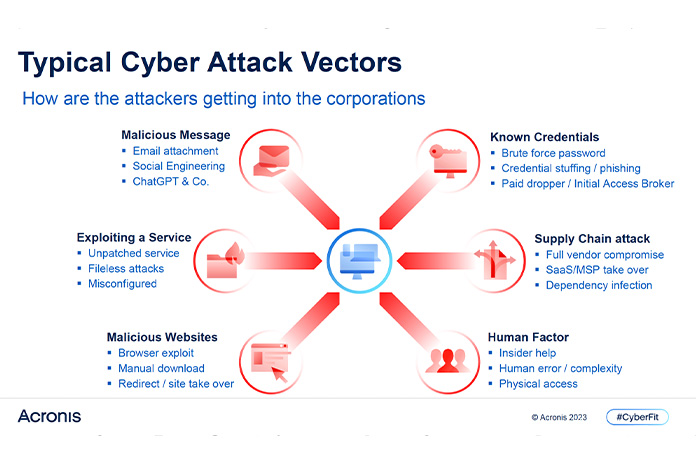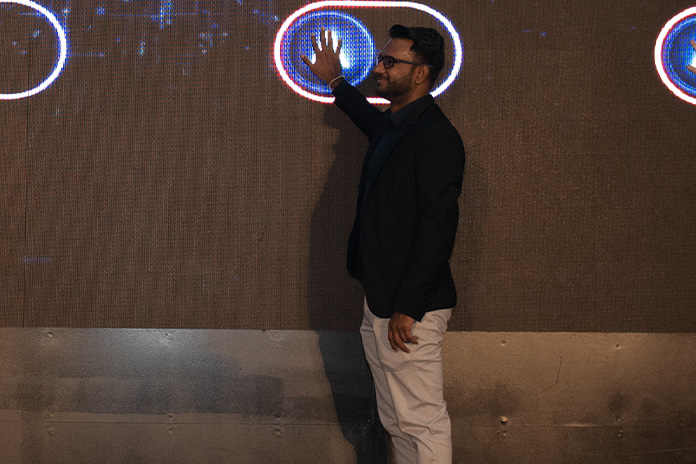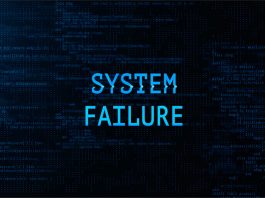
In a world of uncertainty and unpredictability, your best bet, when it comes to managing your business network, is to be prepared for the worst.
Between phishing, hacking, ransomware attacks and an ever-escalating range of methods of cyberattacks and infiltration, it would be to your detriment to be unprepared.
Only issue is, can you keep up with all the ingenious ways the cybercriminals are developing weapons for their arsenal?
Many of us are familiar with malware that unleashes worms, viruses, Trojan horses and spyware to mess up our lives and networks. Downtime aside, these attacks can cost you dearly, too, if ransomware kicks in with demands from bad actors.
Organisations need to be on their toes to keep cyber attacks at bay.
Data presented by cybersecurity company, Acronis, shows that the threat landscape for malware is pretty much entrenched in Asia. South Korea, Singapore and Taiwan make up the top 3 countries with a detection rate in excess of 20%, compared to the global average of around 7%.
That just serves as a backhanded compliment about Asia being where the action is.
And it also means things are going to get more intense.

New Methods of Malware Attacks
Modern attack techniques are more insidious and harder to detect.
File-less malware makes it difficult for traditional anti-malware to detect as there isn’t a file on a disk drive. Often, the malicious document, carried by a phishing email loads directly in memory.
There has been a 900% increase of these sorts of attacks since 2021, and they account for more than 70% of all attacks, according to data provided by Acronis.
To counter its effects requires advanced memory scanning techniques to observe changes in the operating system or the behaviour of applications.
Living off the Land (LotL) is a wolf in sheep’s clothing. Here, attackers reuse existing benign tools for malicious purpose. Many LotL techniques use Powershell, a script language developed by Microsoft (available in Windows by default).
Here, again, traditional anti-malware tools are unable to detect its presence.
On average, it takes Organisations 207 days to identify a breach and 70 days to contain it, and costs the organisation, on average, USD4.35 million.
Normal malware detection are ineffective when it comes to advanced attacks. Endpoint Detection and Response (EDR) offers an efficient security tool, which is available for Acronis Cyber Protect Cloud. EDR is capable of identifying and acting on advanced threats or in-progress attacks. With the increasing frequency of cyberthreats, EDR will play a vital role in securing Organisations’ data.
Coping With Constant Changes
These new attacks and defences are part of the ongoing battle that Suresh Chubarmaniam has been observing in his industry.
The Regional Manager of Acronis, based in Kuala Lumpur recalls the quick succession of changes the industry has undergone in a few decades.
“It used to be that data was backed up to tape. Then Disk. Now cloud. All this in a short period of time, so we need to keep learning and innovating,” he explains.
“The move to digital has required a huge amount of storage, and proper security to safeguard data.”

Acronis recently opened its third data centre in Asean, in the Malaysian capital, after Singapore and Jakarta. It currently has 52 data centres globally, and is looking to quadruple that in the next few years.
With the need for greater privacy and data security concerns, countries are demanding servers on home turf.
While Singapore and Malaysia are keeping in pace with the global security trends, companies in other Asean countries are slow to respond, despite governments in these countries offering initiatives.
Suresh says that awareness of cybersecurity threats in Asean countries is still relatively low, but it’s only a matter of time before standards will have to be raised.
“There’s a lot of education and hand-holding involved,” he adds.
Acronis, a Swiss company founded in Singapore, built up its reputation as a back up service provider. It offered cybersecurity tools in 2017, just before the infamous WannaCry ransomware hit more than 200,000 computers in over 150 countries.
The next step in Acronis’ road map will be mobile security, as more people continue to make decisions on the move.






